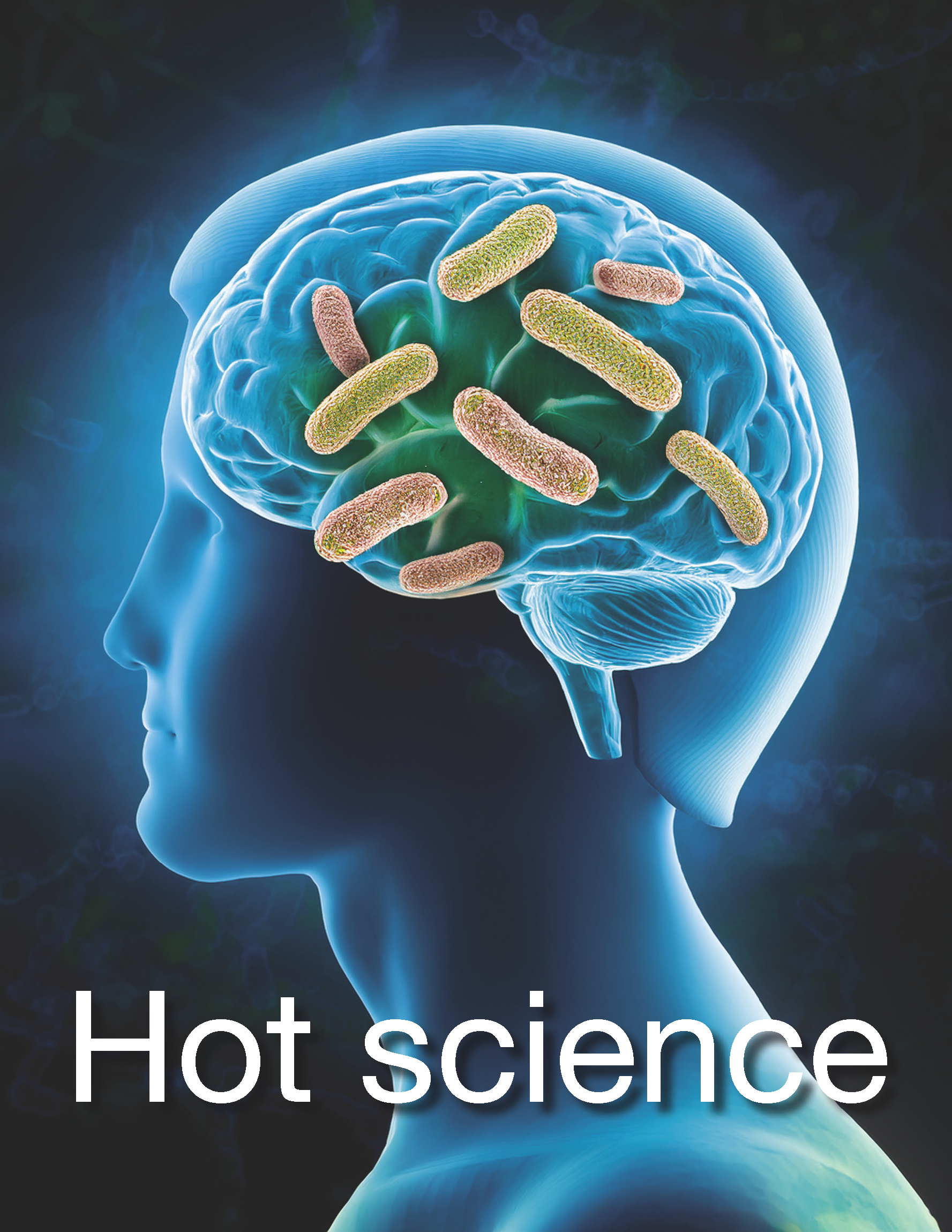Microbiota oral: la clave oculta para la salud cerebral
Palabras clave:
Disbiosis, microbiota, neurodegeneraciónResumen
La microbiota oral humana alberga una gran diversidad de microorganismos que pueden interactuar entre sí y con el huésped, lo que permite mantener un equilibrio simbiótico. Sin embargo, diversos factores pueden alterar su composición, provocando disbiosis, un proceso en el que especies potencialmente patógenas proliferan y afectan la salud oral desencadenando múltiples afecciones. Además, la disbiosis también se ha relacionado con el desarrollo de enfermedades neurodegenerativas, debido a mecanismos proinflamatorios ocasionados por la colonización de bacterias bucales en el cerebro a través de diferentes rutas. Por ello, es fundamental mantener una adecuada higiene bucal y controlar la salud oral.
Citas
Giordano-Kelhoffer, B., Lorca, C., Llanes, J. M., Rábano, A., Del Ser, T., Serra, A., & Gallart-Palau, X. (2022). Oral Microbiota, Its Equilibrium and Implications in the Pathophysiology of Human Diseases: A Systematic Review. Biomedicines, 10(8), 1803. https://doi.org/10.3390/biomedicines10081803
Li, X., Kiprowska, M., Kansara, T., Kansara, P., & Li, P. (2022). Neuroinflammation: A Distal Consequence of Periodontitis. Journal Of Dental Research, 101(12), 1441-1449. https://doi.org/10.1177/00220345221102084
Peng, X., Cheng, L., You, Y. et al. Oral microbiota in human systematic diseases. Int J Oral Sci 14, 14 (2022). https://doi.org/10.1038/s41368-022-00163-7
Bello-Corral, L., Alves-Gomes, L., Fernández-Fernández, J. A., Fernández-García, D., Casado-Verdejo, I., & Sánchez-Valdeón, L. (2023). Implications of gut and oral microbiota in neuroinflammatory responses in Alzheimer’s disease. Life Sciences, 333, 122132. https://doi.org/10.1016/j.lfs.2023.122132
Tao, K., Yuan, Y., Xie, Q., & Dong, Z. (2024). Relationship between human oral microbiome dysbiosis and neuropsychiatric diseases: An updated overview. Behavioural Brain Research, 471, 115111. https://doi.org/10.1016/j.bbr.2024.115111
Sansores-España, L., Melgar-Rodríguez, S., Olivares-Sagredo, K., Cafferata, E., Martínez-Aguilar, V., Vernal, R., Paula-Lima, A., & Díaz-Zúñiga, J. (2021). Oral-Gut-Brain Axis in Experimental Models of Periodontitis: Associating Gut Dysbiosis with Neurodegenerative Diseases. Frontiers in Aging, 2, 781582. https://doi.org/10.3389/fragi.2021.781582
Tao, K., Yuan, Y., Xie, Q., & Dong, Z. (2024). Relationship between human oral microbiome dysbiosis and neuropsychiatric diseases: An updated overview. Behavioural Brain Research, 471, 115111. https://doi.org/10.1016/j.bbr.2024.115111
Mishra, M., Ranjan, R., & Abhinay, A. (2018). Can oral microbial infections be a risk factor for neurodegeneration? A review of the literature. Neurology India, 66(2), 344. https://doi.org/10.4103/0028-3886.227315
Olsen, I., & Singhrao, S. K. (2015). Can oral infection be a risk factor for Alzheimer’s disease? Journal of Oral Microbiology, 7(1), 29143. https://doi.org/10.3402/jom.v7.29143
Tran, T. T. A., Kang, Y. J., Kim, H., Kim, H., & Cho, H. (2021). Oral Pathogenic Bacteria-Inducing Neurodegenerative Microgliosis in Human Neural Cell Platform. International Journal Of Molecular Sciences, 22(13), 6925. https://doi.org/10.3390/ijms22136925
Popescu, C., Munteanu, C., Anghelescu, A., Ciobanu, V., Spînu, A., Andone, I., Mandu, M., Bistriceanu, R., Băilă, M., Postoiu, R., Vlădulescu-Trandafir, A., Giuvara, S., Malaelea, A., & Onose, G. (2024). Novelties on Neuroinflammation in Alzheimer’s Disease–Focus on Gut and Oral Microbiota Involvement. International Journal Of Molecular Sciences, 25(20), 11272. https://doi.org/10.3390/ijms252011272
Zhang, M., Mi, N., Ying, Z., Lin, X., & Jin, Y. (2023). Advances in the prevention and treatment of Alzheimer’s disease based on oral bacteria. Psychiatry, 14, 2023. https://doi.org/10.3389/fpsyt.2023.1291455

Descargas
Publicado
Cómo citar
Número
Sección
Licencia
Derechos de autor 2025 Revista de divulgación científica iBIO

Esta obra está bajo una licencia internacional Creative Commons Atribución-NoComercial-SinDerivadas 4.0.
Se permite el autoarchivo o deposito de los trabajos en su versi´ón post-publicación (versión editorial) en cualquier repositorio personal, institucional o temático, redes sociales o científicas. Lo anterior aplica desde el momento de la publicación del artículo en cuestión en la página web de la Revista de divulgación científica iBIO.




